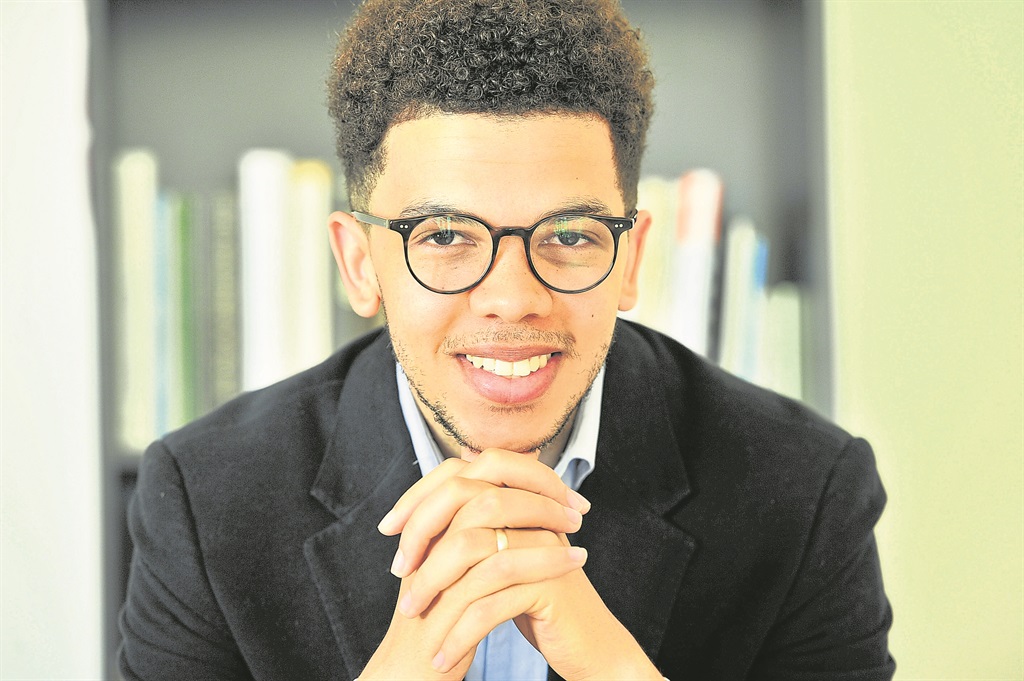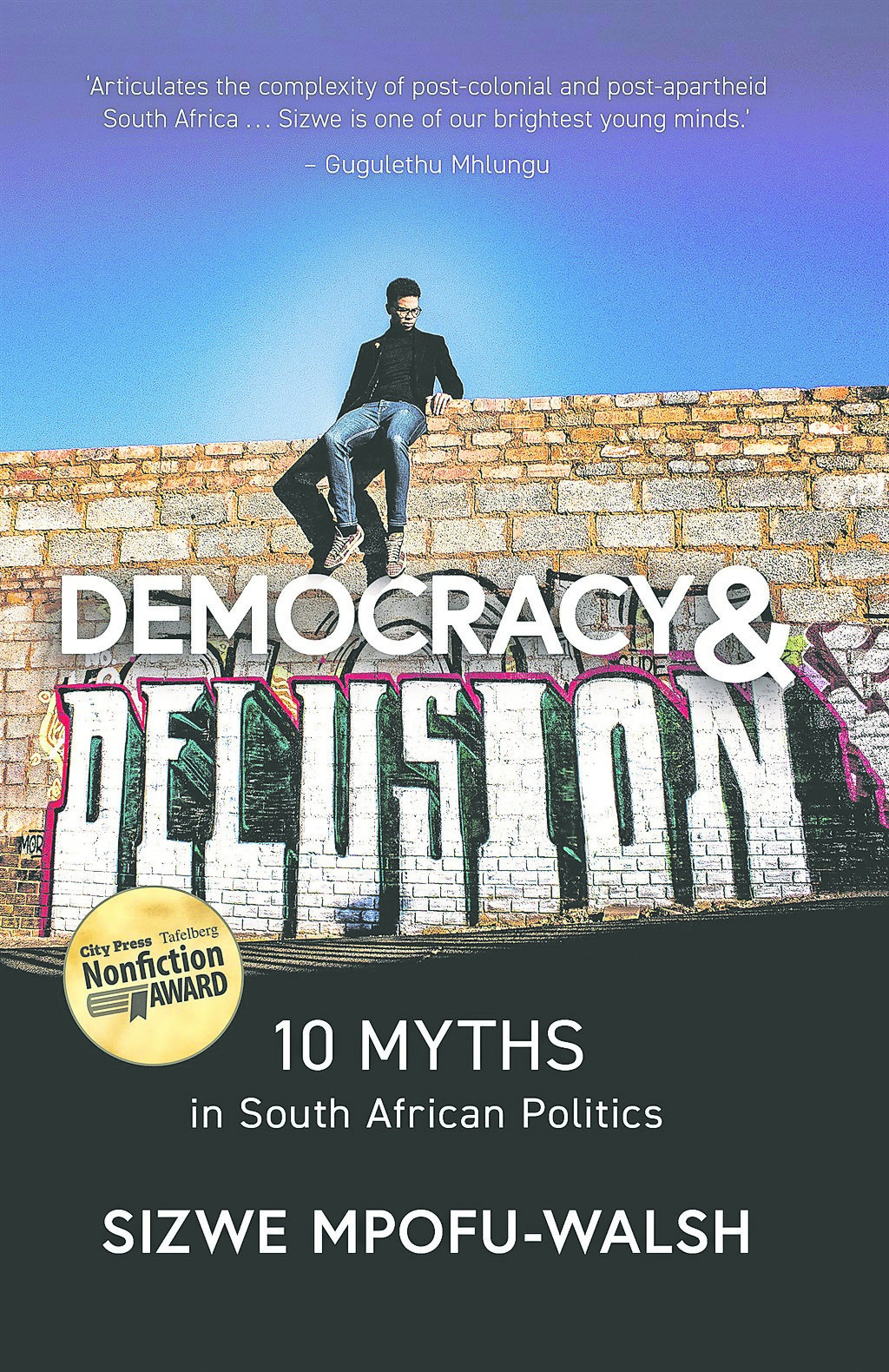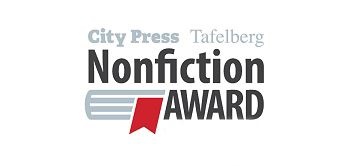
The City Press-Tafelberg Nonfiction Award is now open for entries. Charl Blignaut caught up with Sizwe Mpofu-Walsh, the most recent recipient of the two-yearly prize that pays out R120 000, a book deal and a significant marketing drive.
So I haven’t had time to catch up with you this year. You’ve been touring the country’s book festivals; you’ve been promoting your album; and you’ve been finishing your doctorate that examines the spread of nuclear-weapon-free zones in the global south. How are your career dreams changing?
Yes, it’s been too long! No doctorate yet. That’s why I have been so scarce. After a busy year promoting the book last year, I’ve gone to ground to finish my DPhil [doctor of philosophy]. I hope to have it done by the end of this year.
I think I will always maintain a base in academia and writing. I like the freedom and autonomy it gives me. I will always make music. In the longer term, I have an interest in politics and media. I want to write for an international audience one day, too.
We know the history of black writers and mostly white book festivals. Do you feel things changing – that these pursuits are becoming more diverse – or is it a battle?
This is the first time I have done the circuit. I must say, I was quite shocked by Franschhoek [Literary Festival], for example. It’s one thing hearing about the exclusivity of some of our festivals, but quite another experiencing it first-hand.
So, in some contexts, it’s a battle and I am certainly sympathetic to the complaints made by black writers in the past. But there are new spaces emerging and new audiences being engaged. The best events for me were the ones that sprung up spontaneously after the book gained traction.
Democracy & Delusion took me all over the country and it was wonderful to see so many young people interacting with the work. I think we really busted the myth that young people don’t engage with serious nonfiction. I think nonfiction usually just doesn’t engage with young people.
What do people want to discuss after reading your book?
It’s been interesting watching this change over time. Last year, the Zuma [having too much presidential power] chapter was popular. This year, the land chapter has received the most attention. People are very interested to hear about President [Cyril] Ramaphosa’s role at Marikana, which I think has been swept under the carpet in the so-called new dawn.
Are there any updates you feel will be necessary in a second edition of Democracy & Delusion?
Yes, I would make a few revisions. I am happy with how it has aged, though, and I think the bulk remains true to my intention.
Are there any new chapters you think need to be added?
There are many more myths that need deconstructing. I would love to write about the DA and its dangerous right wing. I think questions around gender need to be tackled much more directly. At one event, I had a reader show me a heavily annotated copy on which he proposed 10 new myths to be tackled! Clearly, I have my work cut out for me.
How are you feeling about Ramaphoria?
I’m quite frankly exhausted by it. I can’t believe the level of naivety South Africans have shown in falling for the PR stunts and the flowery language. The irony is that the new dawn is neither ‘new’ nor a ‘dawn’. It’s the same old people, pushing the same old failed ideas in different packaging.
My great fear is that we will lose the spirit of accountability we built in the Zuma era by papering over the cracks with Ramaphoria. It’s going to come back to haunt us. Sadly, I think the media has largely fallen for the bait, instead of asking hard questions.
How has winning the City Press-Tafelberg Nonfiction Award helped your career?
It has been nothing short of sensational. My life has changed in many ways.
The monetary aspect was big. To write in relative financial security is a rare gift. But the award also gave my work the credibility it needed to be taken seriously. It gave me a platform and a sustained spotlight that was truly invaluable. I really think it’s the premier opportunity for nonfiction writers in the country.
You were clever about entering the award. You came with a comprehensive proposal and detailed outlines. What advice can you give those entering this year?
Yes, I had quite a developed plan when I entered the competition. It’s easy to imagine you can finish a book, but the amount of work it takes is staggering. I would encourage authors who have started work on manuscripts to consider applying. If you haven’t started, make sure you are honest enough with yourself to know how much time the writing will take. I think part of the reason I was successful was that I was able to convince the committee that I would finish the work on time.
You didn’t allow us to take charge. You were very hands on. Do you think that’s the way to go given the editing crisis in the industry?
Yes, I think there are responsibilities for authors and publishers. As an author, you need to be quite hard-headed about the quality of your work. If not, publishers can ignore quality because of commercial incentives. It’s important that new authors do not to allow themselves to be compromised. That said, I think the editing crisis in the country also rests on publishers. They have a responsibility to up their game on this front.
Would you like to get to a place where you self-publish?
Eventually, I might try that, though the upfront costs are quite steep. I really enjoyed not having to worry about whether my book would be available, and Tafelberg did a great job of getting the book to stores. But the trade-off is that one earns comparatively little per book. What I did do was sell my book directly at events. This became quite a good source of income as I could effectively become the retailer.
What stories do you think are missing from our nonfiction narratives? What kind of winner would you like to read next year?
Last year was a particularly strong year for nonfiction. I think the Zuma era has been dealt with comprehensively. Now, I think we need to challenge the post-Zuma era with the same vigour. I would like to see a work that is unapologetic and bold, and that can help us navigate the coming challenges.
Can we expect another book from you in the future?
Yes, definitely. I already know what the next book will be about. But it’s a secret! All I can say is that it’ll be even more daring than Democracy & Delusion.
Submissions for the City Press-Tafelberg Nonfiction Award should include a one-page motivation on the relevance of the proposed book, a draft table of contents, at least one chapter with a minimum of 4 000 words and an author CV. The closing date for entries is July 30.
The criteria for entry are as follows:
- Relevance: The book should add to our understanding of South African society, history and politics
- Independence: The book should be unafraid to investigate difficult issues and tell tough tales
- Credibility: The quality of the research or autobiographical insight must be impeccable
- Readability: The book must be accessible and appeal to South African readers
Proposals must be submitted electronically. Download the entry form here.




 Publications
Publications
 Partners
Partners










